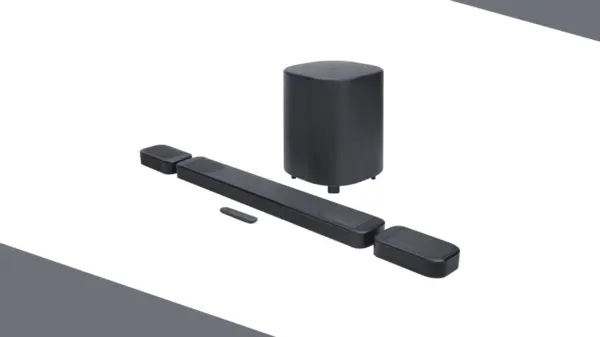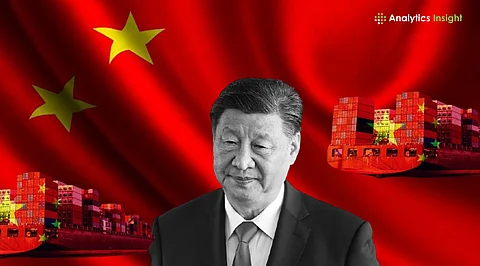Prostate cancer, often labeled a “silent killer,” progresses gradually and usually shows no obvious symptoms in its early stages. This delay in diagnosis can hinder timely treatment, making awareness crucial. In a recent episode of NTD’s “Health 1+1,” a program associated with The Epoch Times, Jonathan Liu, a professor of traditional Chinese medicine (TCM) and director of the Kangmei TCM Clinic in Canada, discussed the relationship between prostate cancer and kidney health.
According to Liu, prostate cancer is linked to a decline in kidney “qi,” which is the vital energy believed to be stored in the kidneys. He emphasized that maintaining strong kidney health is essential for overall wellness and longevity. In TCM, nourishing the kidneys is not only beneficial for physical health but also plays a significant role in preventing various ailments, including prostate cancer.
Liu highlighted the importance of integrating TCM with conventional medical practices. He suggested that supporting kidney health through TCM can complement traditional screening and treatment methods, enhancing both prevention and management strategies for prostate cancer. This holistic approach may empower patients to take a more active role in their health.
The emphasis on kidney qi reflects a broader principle within TCM that prioritizes balance and harmony in the body. Liu pointed out that poor lifestyle choices, such as inadequate nutrition and lack of exercise, can contribute to a decline in kidney function. Addressing these factors is crucial for maintaining kidney health and, by extension, reducing the risk of prostate cancer.
In Canada, healthcare professionals are increasingly recognizing the value of integrating traditional medicine with conventional practices. Liu’s insights serve as a reminder of the diverse approaches available for addressing health issues, particularly those that may not present clear symptoms initially.
As prostate cancer rates continue to rise globally, awareness and education about prevention strategies are essential. For men, especially those over the age of 50, regular screenings are recommended. Incorporating TCM principles, such as focusing on kidney health, may provide additional support in the fight against this prevalent disease.
The discussion on NTD underscores the need for a multifaceted approach to health, where traditional practices can coexist with modern medicine. This integrated perspective opens new avenues for understanding and combating diseases like prostate cancer, which affect millions worldwide.
In summary, the insights shared by Jonathan Liu offer a valuable perspective on prostate cancer, suggesting that a focus on kidney health through TCM could enhance preventive measures and treatment outcomes. By fostering awareness and exploring various health strategies, individuals can take proactive steps toward better health and well-being.






































































